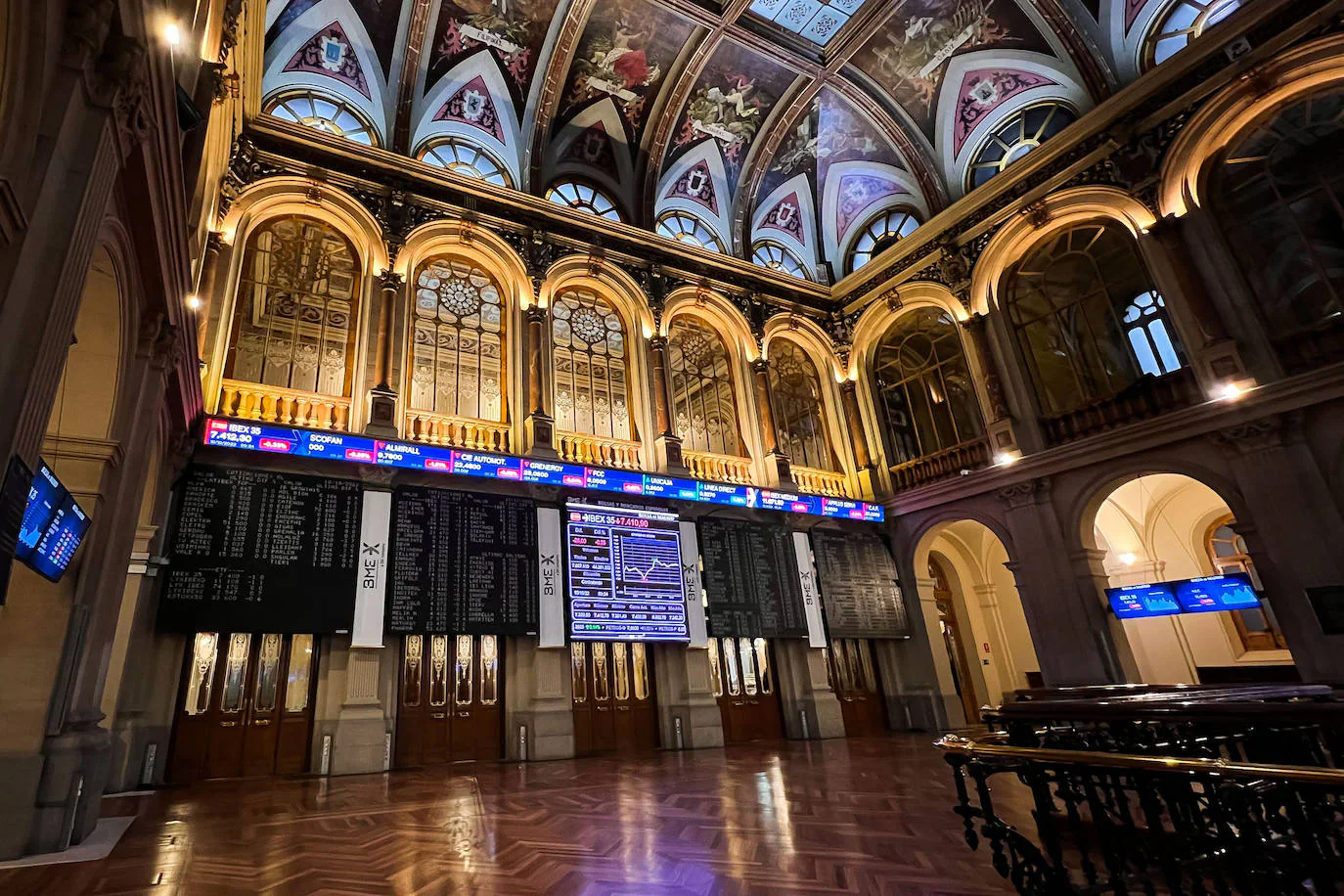According to a media report, the Czech Republic has received assurances from the German federal government that the controversial gas storage tax will soon be abolished. This also raises hopes in Austria, where people have been protesting against it since the introduction of the controversial gas price surcharge as a result of Russia’s war of aggression against Ukraine in 2022.
Germany had already announced an end to the levy around the turn of the year, but with the end of the traffic light coalition in Berlin, the corresponding law change has been delayed. The German Ministry of Economic Affairs in Berlin considers the abolition of the gas storage tax at border crossing points as one of the urgent bills that must be adopted before the federal elections at the end of February.
On Tuesday, the Czech news agency CTK reported, citing the Ministry of Industry in Prague, that only the Bundestag had to give permission. It was said that this would happen by early January at the latest. If this happens in January, it would apply retroactively to the beginning of the year, Czech Deputy Industry Minister Stepan Hofman said.
Gewessler keeps a lawsuit open against Germany
The levy for transports from Germany will increase by almost 20 percent to 2.99 euros per megawatt hour (MWh) as of January 1, making gas transports in Europe more expensive. The toll was introduced during the energy crisis to pass on the costs of gas storage in Germany to users. In addition to the Czech Republic, other countries, such as Slovakia and Austria, are also pushing for a rapid abolition of the tax.
Yesterday, Monday, Energy Minister Leonore Gewessler renewed her criticism of the gas storage tax. The Green politician emphasized on the sidelines of a meeting of EU energy ministers in Brussels that she has confidence in this, but still keeps the legal procedure open.
Source: Krone
I’m Ben Stock, a journalist and author at Today Times Live. I specialize in economic news and have been working in the news industry for over five years. My experience spans from local journalism to international business reporting. In my career I’ve had the opportunity to interview some of the world’s leading economists and financial experts, giving me an insight into global trends that is unique among journalists.



